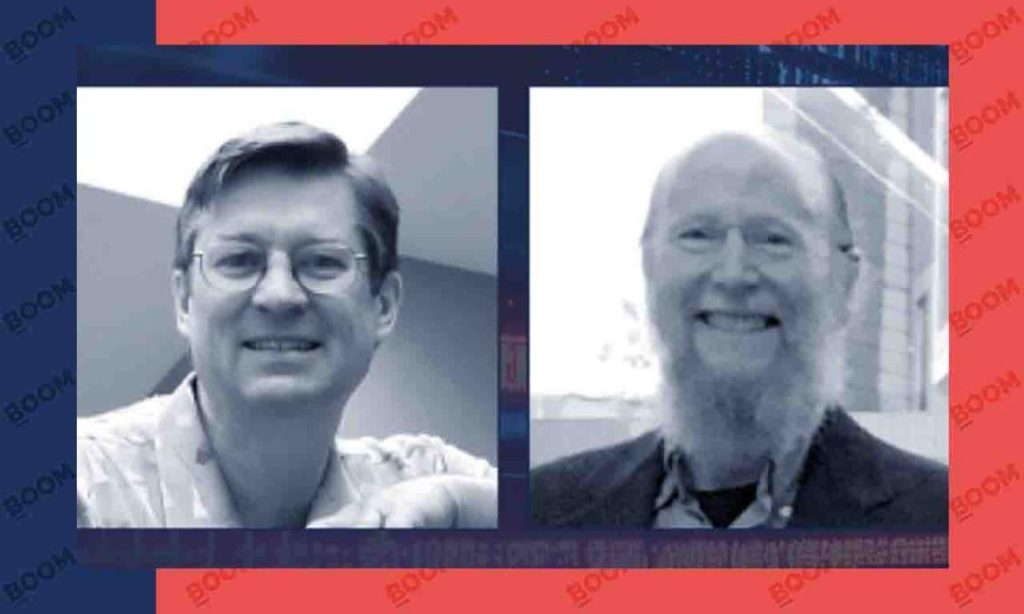
Barto & Sutton win 2024 Turing Award for AI breakthroughs
Andrew Barto and Richard Sutton, two pioneers in the field of artificial intelligence (AI), have been awarded the 2024 Turing Award for their groundbreaking work on reinforcement learning, a key technique that enables machines to learn from rewards. The Turing Award, often referred to as the “Nobel Prize of computing,” recognizes their decades-long contributions to machine learning and artificial intelligence.
Reinforcement learning is a type of machine learning that allows agents to learn by interacting with their environment and receiving rewards or penalties for their actions. This technique has been instrumental in developing autonomous systems, such as self-driving cars, robots, and personalized recommendation systems.
Barto and Sutton’s work on temporal difference learning has had a profound impact on the development of modern AI. Temporal difference learning is a type of reinforcement learning that focuses on learning from the difference between the expected and actual outcomes of an action. This approach has been widely used in a variety of applications, including robotics, finance, and healthcare.
The Turing Award, established in 1966, is considered one of the most prestigious awards in the field of computer science. It is awarded annually by the Association for Computing Machinery (ACM) to recognize outstanding contributions to the field of computer science. Previous winners of the award include pioneers such as Alan Turing, Marvin Minsky, and John McCarthy.
Barto and Sutton’s achievement is a testament to their dedication and innovative spirit. They have been working together for over three decades, publishing numerous papers and books on reinforcement learning and temporal difference learning. Their work has been widely cited and has inspired a new generation of AI researchers and engineers.
In a statement, the ACM announced that the 2024 Turing Award is being given to Barto and Sutton “for their pioneering work on reinforcement learning, particularly temporal difference learning, and its impact on the development of artificial intelligence.”
The award is named after Alan Turing, a British mathematician, computer scientist, and logician who made significant contributions to the development of computer science and AI. Turing’s work on the theoretical foundations of computation and his contributions to the development of the first computer program have had a lasting impact on the field of computer science.
The 2024 Turing Award is not only a recognition of Barto and Sutton’s individual contributions but also a testament to the power of collaboration and the importance of interdisciplinary research. Their work has brought together researchers from computer science, mathematics, and engineering to develop new AI technologies that have the potential to transform industries and improve lives.
As the AI landscape continues to evolve, the work of Barto and Sutton serves as a reminder of the importance of fundamental research and the potential for AI to make a significant impact on society. Their achievement is a source of inspiration for future generations of AI researchers and engineers, and their contributions will be remembered for years to come.






